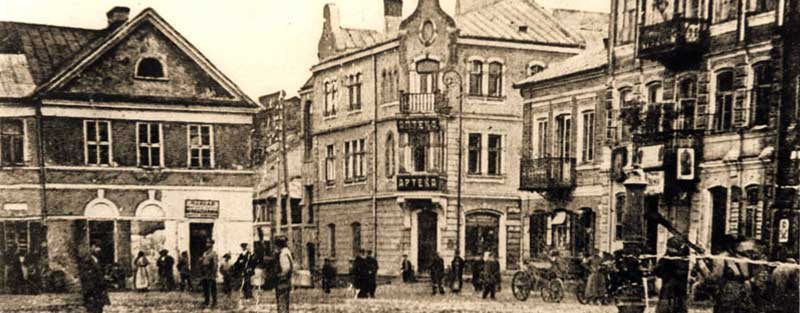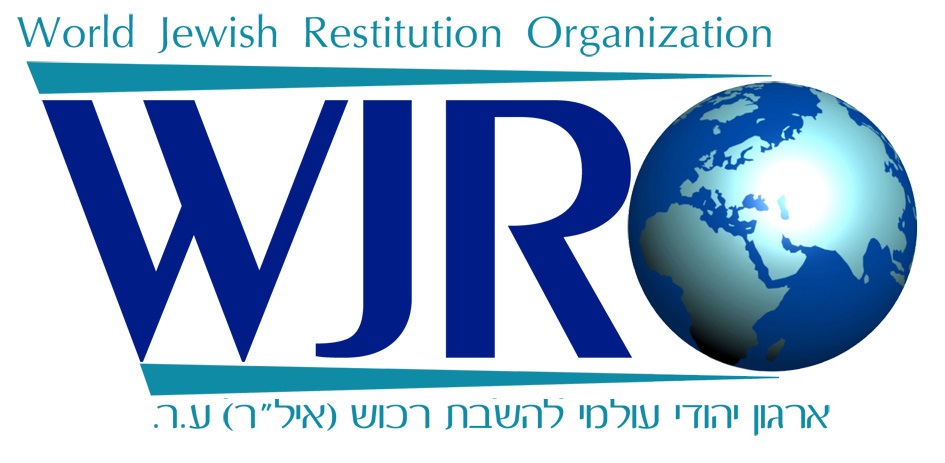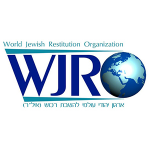
City of Warsaw Releases Initial List of Properties Under Controversial Restitution Law
Holocaust Survivors, Families have six months to come forward before Polish Government takes possession
Jerusalem and New York, February 22, 2017 –The City of Warsaw released today an initial list of 48 properties under a controversial 2016 property restitution law that limits the ability of Holocaust survivors and their families to reclaim property unjustly taken from them.
Starting today, rightful claimants to these 48 properties have six months to come forward to pursue their property claim. They then have three months to prove their right to the property. If no action is taken on the property before the six month deadline, the property will be permanently transferred to the City of Warsaw. The City has said that after this initial list, it will publish other lists of properties as well.
“It is critical that the Polish authorities take every possible step to identify and notify potential claimants. We also call on Poland to extend the very short deadline,” said WJRO Chair of Operations Gideon Taylor. “It is unfair for claimants – particularly those who now live outside of Poland – to lose this last opportunity to reconnect with their past because of the administrative complexity of this law.”
“The problems with this legislation highlight the urgent need for comprehensive national property restitution legislation in Poland,” Mr. Taylor added. “Poland remains the only country in Europe that does not have a national law to address private property restitution from the Holocaust era. We urge the government of Poland to address this issue promptly so that Holocaust survivors and their heirs, as well as other Jewish and non-Jewish property owners, can receive a small measure of justice.”
The City of Warsaw’s announcements for each of these 48 properties can be found on its website here.
This initial list of properties is from a list of 2,613 street addresses compiled by the City of Warsaw for open property claims dating back to the 1945 “Warsaw Decree,” which permitted former owners of property nationalized by Communist authorities to apply for temporary ownership rights at that time. Most of the applications filed by former owners, however, were rejected or not reviewed by the Communist authorities.
Many of the claimants, or their surviving heirs, do not know that they have the opportunity to pursue their claims 70 years later.
Under a controversial law which took effect on September 17, 2016, the City of Warsaw can terminate the rights of former owners to claim their properties after the City publishes a notice for the property and the short six month time frame passes. It is not known how many properties from the list of 2,613 can be terminated under the law, or how many were Jewish-owned properties.
The law does not address people who did not file claims right after World War II, or people with property outside of Warsaw.
WJRO has urged the City of Warsaw to ease the impact of the legislation – particularly for former owners and their families now living outside of Poland. WJRO has called for the City to release a complete list of properties and claimants, and broadly publicize the opportunity of claimants to pursue claims. A WJRO delegation met with Polish government officials on February 7 – 9 to raise these issues, as well as the need for national legislation.
To assist Holocaust survivors and their families to reclaim property in the City of Warsaw unjustly taken from them, WJRO launched a database in December 2016 to help Holocaust survivors and their families to identify their property so they have an opportunity to reactivate their claim before the Polish government takes final possession. The database matches different historical Warsaw city records, allowing users to look for the names of family members or Warsaw building addresses to help determine if they, or someone else, filed a claim that may remain open for the property.
Holocaust survivors and their families seeking additional information about this Warsaw property restitution law can visit WJRO’s website here, or through www.wjro.org.il, for information and resources, as well as a searchable database that recognizes alternative spellings of names to assist families with determining whether a claim may exist from the past. Properties on many of the most important streets of pre-war Jewish Warsaw, including Nalewki Street, are contained in this database.
The full link for the City of Warsaw’s announcements for the 48 properties on its website is http://bip.warszawa.pl/Menu_podmiotowe/biura_urzedu/SD/ogloszenia/default.htm?page=1.
For media inquiries please contact pr@wjro.org.il





